რა არის პირველი რამ, რაც გახსენდებათ, როდესაც ფიქრობთ მეტალთან მუშაობაზე? შესაძლოა დაინახოთ, რომ ვიღაც ჩაქუჩის ქანაობს და ლითონის ნაჭერს სხვა ფორმაში აქცევს. მიუხედავად იმისა, რომ ეს არის ლითონის მოსახვევისა და ფორმირების ერთ-ერთი მეთოდი, დღესდღეობით ჩვენ გვაქვს სპეციალიზებული მანქანები, რომლებიც ამ საქმეს უკეთ და ბევრად მეტი სიზუსტით ასრულებენ. ლითონის დამუშავებაში, ერთ-ერთი ყველაზე სასარგებლო ტიპის მანქანა ცნობილია, როგორც CNC პრესის სამუხრუჭე მანქანა.
კომპიუტერული რიცხვითი კონტროლი (CNC) „სხვა სიტყვებით რომ ვთქვათ, კომპიუტერი წყვეტს როგორ მუშაობს მანქანა“. პრეს სამუხრუჭე არის ჰიდრავლიკური მანქანა, რომელიც ძალიან ძლიერად უბიძგებს ლითონს, როგორც გიგანტური მკლავი, ლითონის მოსახვევად. ასე რომ, CNC პრეს სამუხრუჭე მანქანები არის ჩვეულებრივი პრესის მუხრუჭის ინტელექტუალური და დინამიური ტიპი. ისინი კონტროლდება კომპიუტერული პროგრამით, ასე რომ, მათ შეუძლიათ ლითონების დახრილობა წარმოუდგენელი სიზუსტით და სიჩქარით.
CNC პრესის მუხრუჭები: ინსტრუმენტები, რომლებიც ახდენენ მეტალის ზუსტად
არსებობს მთელი რიგი სხვადასხვა CNC პრეს სამუხრუჭე ხელსაწყოები, რომლებიც გამოიყენება ლითონის მოსახვევისა და ფორმისთვის. პირველ ინსტრუმენტს, რომელიც გამოიყენება, პუნჩი ეწოდება. დარტყმა აიძულებს ლითონს მეორე ხელსაწყოს მიერ მომზადებულ ფორმაში, რომელსაც ეწოდება მატერი. კვარცხლბეკი არის ფორმა, რომელშიც ლითონი შეწყვეტს თავის წინა ფორმას. კიდევ ერთი საკვანძო ინსტრუმენტი ცნობილია, როგორც უკანა ლიანდაგი. უკანა ლიანდაგი ამაგრებს ლითონს სწორ მდგომარეობაში, რათა თავიდან აიცილოს მისი გადაადგილება მოხრილის დროს.
ამ მანქანებს ასევე აქვთ კომპონენტები, სახელწოდებით სენსორები და ლიანდაგები. ეს სენსორები აკონტროლებენ მეტალზე ზეწოლის დონეს და მის მდებარეობას. ეს შესაძლებელს ხდის სრულყოფილ მოსახვევ ლითონს პროექტზე დაფუძნებული მოსახვევის მოთხოვნებით.
როგორ მუშაობს CNC პრეს სამუხრუჭე?
კარგად, როგორ მუშაობს CNC პრესის სამუხრუჭე მანქანა? ლითონი დევს ბრტყელ ზედაპირზე, რომელიც ცნობილია როგორც მანქანის საწოლი. ეს არის ის, რაც ხდება დარტყმასა და სასიკვდილოდ შორის. როდესაც ლითონი ადგილზეა, კომპიუტერული პროგრამა ზუსტად ხელმძღვანელობს მანქანას, რა უნდა გააკეთოს, მაგალითად, რა ინსტრუმენტები გამოიყენოს და რა ზეწოლა მოახდინოს ლითონზე. უკანა ლიანდაგი ინარჩუნებს ლითონს სტაბილურად, რადგან პუნჩი და საყრდენი ერთად მუშაობენ, რომ აჭრიან ან ჭრიან ლითონს თქვენთვის სასურველ ფორმაში.
სანამ მანქანა თავის საქმეს აკეთებს, სენსორები მუდმივად აკონტროლებენ ლითონზე მიყენებულ ძალას და მის მდებარეობას. ეს სენსორები საშუალებას აძლევს მანქანას განახორციელოს საჭირო კორექტირება, საჭიროების შემთხვევაში, იმის გარანტია, რომ ყველაფერი ზუსტია. როდესაც მოხრის პროცესი დასრულებულია, უკანა ლიანდაგი უშვებს ლითონს და იგი ფრთხილად იშლება მანქანიდან.
ინოვაციები CNC ტექნოლოგიაში: ყოვლისმომცველი მიმოხილვა
CNC ტექნოლოგიის კონცეფცია მნიშვნელოვნად განვითარდა მისი დაარსების დღიდან 1950-იან წლებში. თანამედროვე Cnc პრეს brake მანქანებს ბევრი მაგარი თვისება აქვთ. მაგალითად, არის მანქანები ავტომატური ხელსაწყოების შემცვლელებით. მარტივი სიტყვებით, ეს იმაზე მეტყველებს, რომ მანქანას შეუძლია ავტომატური ხელსაწყოების შეცვლა, მაგალითად, ვინმეს ხელით მომართვის გარეშე. ეს აძლევს მანქანას ბევრად უკეთეს პოტენციალს, შეასრულოს რთული მოსახვევი ოპერაციები ოპერატორის ნაკლები შეყვანით.
Cnc პრესის სამუხრუჭე მანქანა ასევე აქვს სენსორული ეკრანები და ხელსაწყოების ავტომატური გადამცვლელები. ეს ეკრანები მანქანებს მარტივს და მოსახერხებელის ხდის. აპარატის მუშაობა ადვილია მათთვისაც კი, ვისაც არასოდეს გამოუყენებია. შედეგად, ახალ მუშაკებს შეუძლიათ დაუყოვნებლივ ისწავლონ, რაც მათ საშუალებას აძლევს შექმნან ხარისხიანი მოსახვევები შეზღუდული ტრენინგით.
როგორ მუშაობს CNC პრესის მუხრუჭები, რომლებიც რევოლუციას ახდენენ მეტალზე
მაგრამ რატომ არის CNC პრესის სამუხრუჭე მანქანები ასე მნიშვნელოვანი ლითონის დამუშავების თანამედროვე სამყაროში? ისინი ბევრად აღემატება მეტალთან მუშაობის ძველ მეთოდებს. დასაწყისისთვის, ისინი აძლევენ შესანიშნავ შედეგს. ეს საშუალებას აძლევს მათ გააკეთონ კუთხეები და ხაზები მკვეთრად და სწორად. ამ სიზუსტის გამო, მწარმოებლებს შეუძლიათ შექმნან პროდუქტები ნაკლები ნარჩენებით, რათა ეს პროდუქტები დამზადდეს გარკვეული სპეციფიკაციებით.
CNC პრესის სამუხრუჭე მანქანები ასევე ძალიან ეფექტურია. მათ შეუძლიათ ლითონის დაკეცვა ბევრად უფრო სწრაფად, ვიდრე ამას აკეთებენ ჩვეულებრივი მეთოდები, და ეს მწარმოებლებს საშუალებას აძლევს უფრო სწრაფად განახორციელონ თავიანთი პროექტები. ამ სახის სიჩქარემ შეიძლება დაზოგოს ფული და დრო, რაც ბიზნესს უფრო კონკურენტუნარიანს ხდის ბაზარზე.
უსაფრთხოების უზრუნველყოფა არის კიდევ ერთი მთავარი როლი, რომელსაც CNC პრესის სამუხრუჭე აპარატები ასრულებენ. დღევანდელი მანქანების უმეტესობას აქვს ავტომატური უსაფრთხოების მახასიათებლები. ეს ფაქტორები საშუალებას აძლევს ოპერატორებს გაათავისუფლონ უბედური შემთხვევები და დაზიანებები თავიანთი სამუშაოს შესრულებისას, რაც იწვევს სამუშაო ადგილს უფრო უსაფრთხოდ.

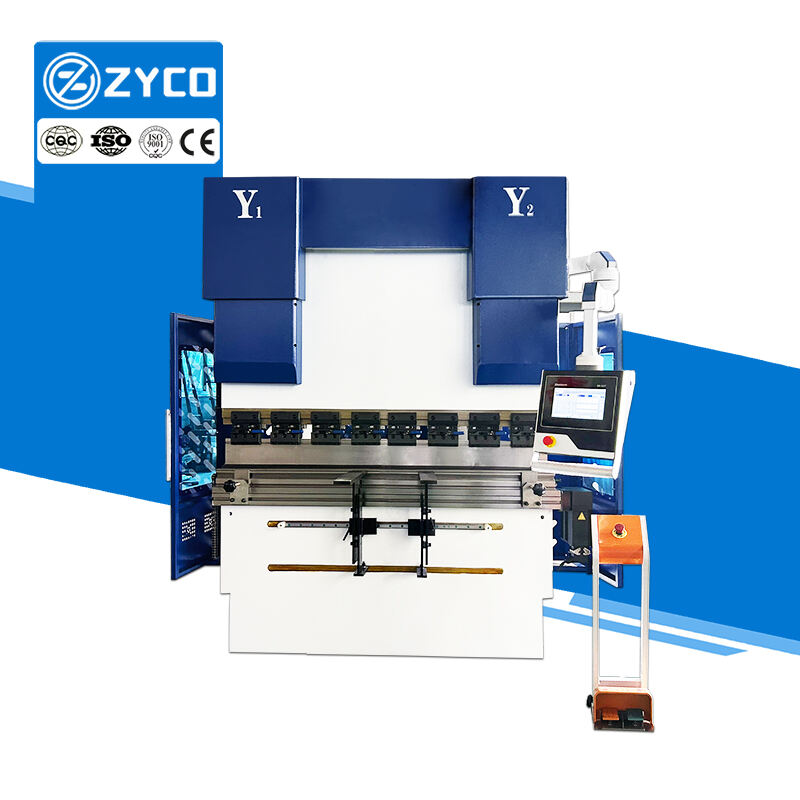
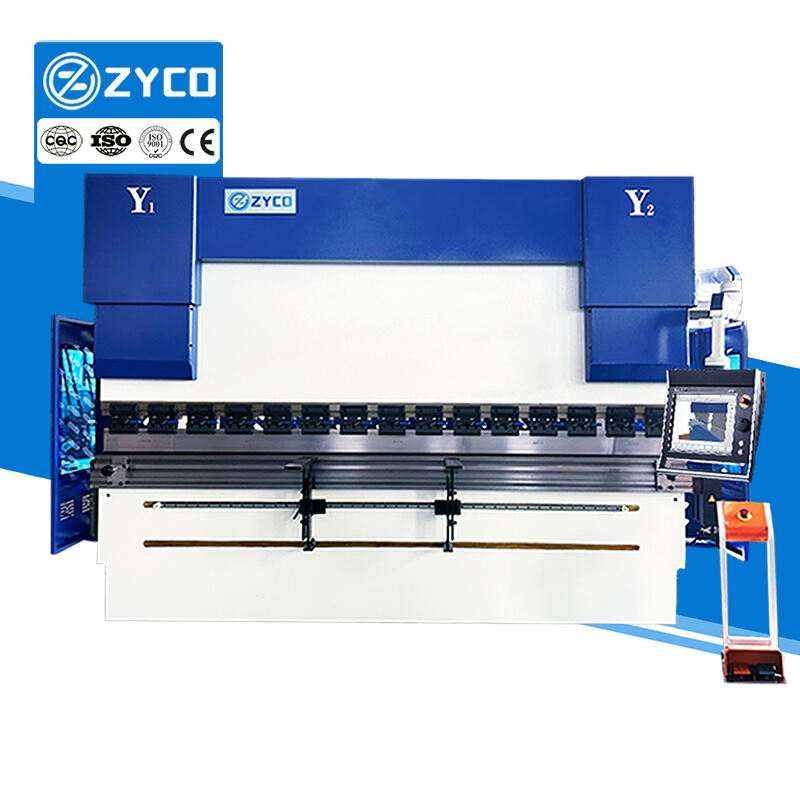
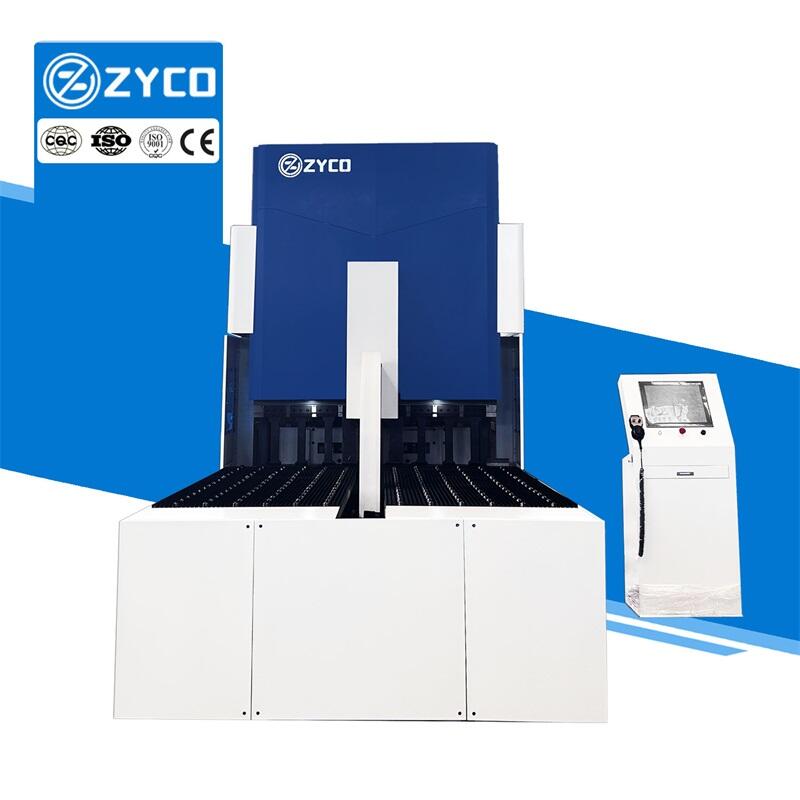

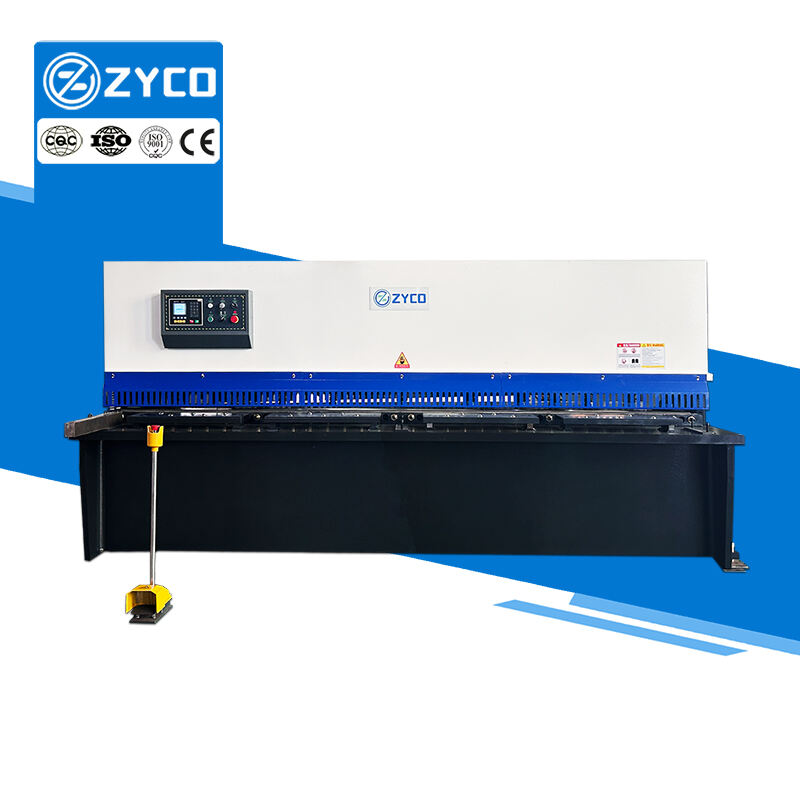
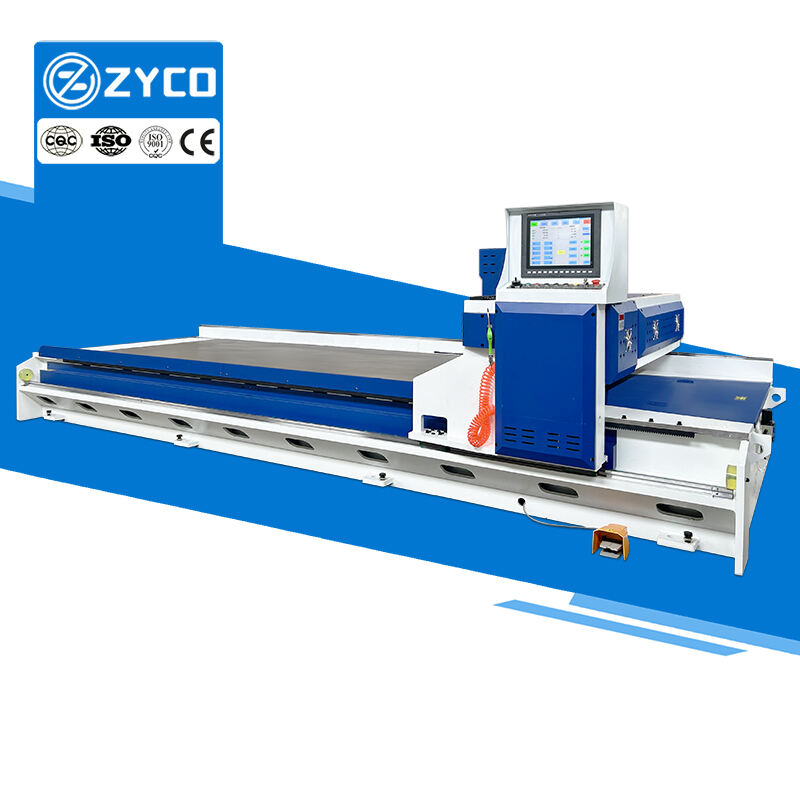
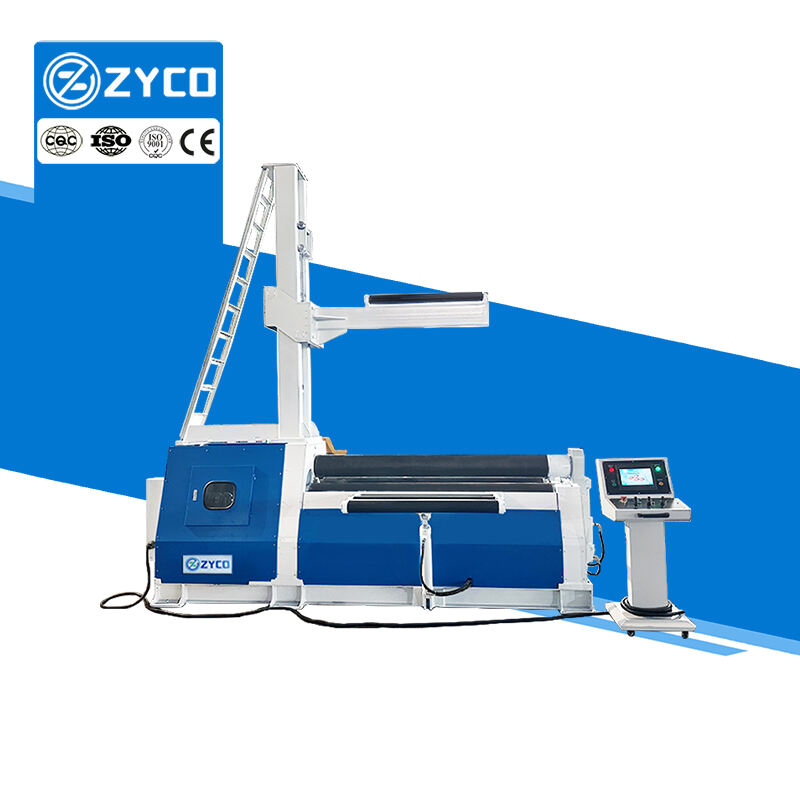

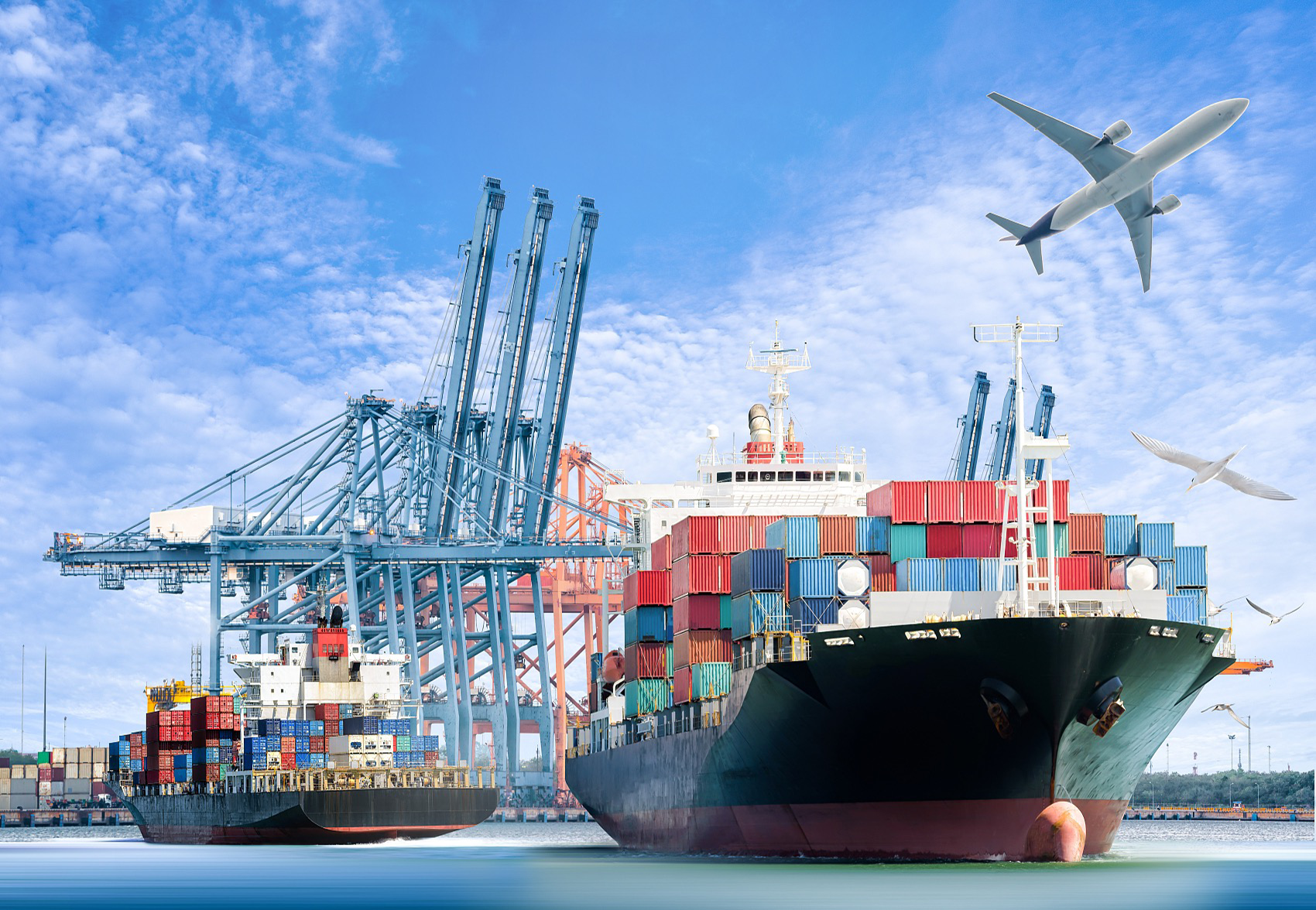

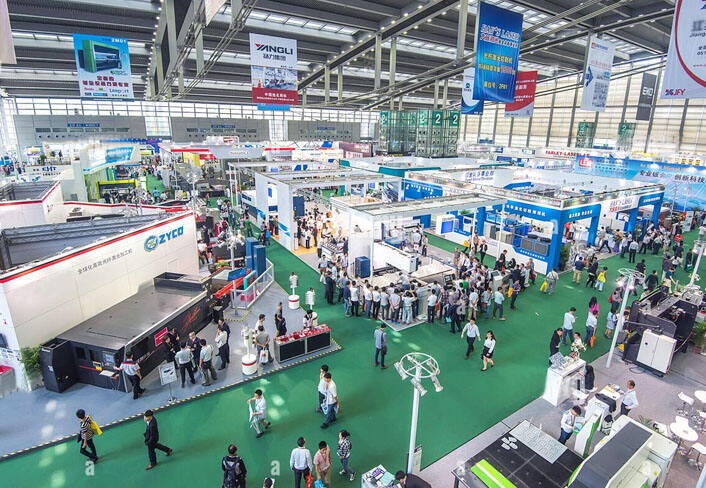
 EN
EN
 HR
HR
 CS
CS
 DA
DA
 NL
NL
 FI
FI
 FR
FR
 DE
DE
 EL
EL
 HI
HI
 IT
IT
 KO
KO
 NO
NO
 PL
PL
 PT
PT
 RO
RO
 RU
RU
 ES
ES
 SV
SV
 TL
TL
 ID
ID
 SR
SR
 SK
SK
 VI
VI
 HU
HU
 TH
TH
 TR
TR
 AF
AF
 BE
BE
 HY
HY
 KA
KA
 UR
UR
 BN
BN
 MN
MN
 KK
KK
 SU
SU
 TG
TG
 UZ
UZ
 KU
KU
 KY
KY




